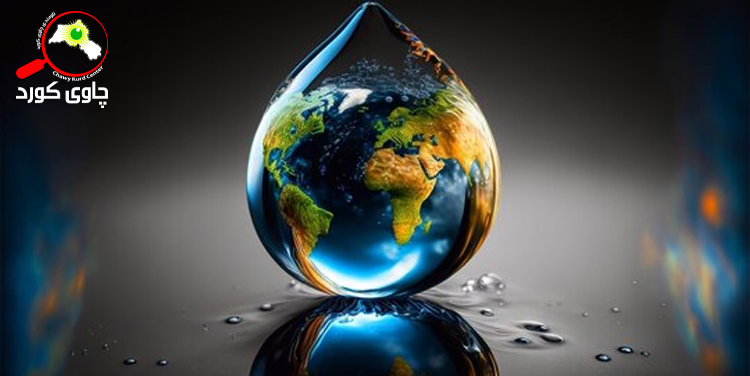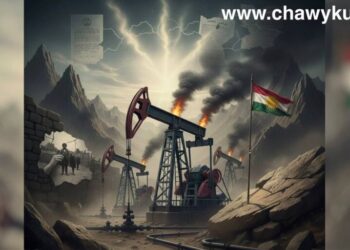Water Issues in International Law”
Water is physically and chemically a clear, colorless, tasteless and odorless liquid. It considered as one of the basic necessities of life for all living things. Manifestations of water resources in nature are divided into surface water and groundwater. Surface water is the water resources that exist above the earth and are distributed in the form of oceans, seas, rivers, streams, dams, ponds, etc…Groundwater is the water stored by underground reservoirs in the form of streams, rivers and wells. The main sources of water are rain and snow. Today, due to rapid changes in climate, drought, rainfall and desertification, water has moved from a regional problem to a global problem, causing many economic, political, social, legal and humanitarian consequences and crises. Many countries around the world are addicted to the consequences of the problem. Every year, international reports warn of deepening water scarcity in some countries.
“Water issue is a global problem”
The issue of water has become one of the current topics in the world, researchers and observers see it as a political and economic issue. Today, the water problem has become a global issue from a local and regional issue. Such as big capitals like Mexico, Jakarta, Melbourne, Barcelona, etc… do not save water, do not develop policies to develop their water resources and do not consciously pay attention to water. Thus according to a study, by 2040, most countries in the world will face a water shortage disaster and will not be able to meet their daily needs. There is no shortage of water on the planet Earth and our world, so we have (326) million trillion gallons of water, some of it may become ice and others become vapor, but the problem is that 97% of the world’s water is not safe to drink. It is not suitable and contains a lot of salt. What remains is divided as follows: 2% of the fresh water is frozen and in the snow, so all humanity needs 1% of the fresh water on this planet to survive Underground we get the other in rivers and lakes.
Water is expected to become the most important natural resource in the future, ahead of all other natural resources such as oil and gas, etc., as water is the main resource of daily life. Water can be used as a pressure card to shape the policies of many countries.
Although three-quarters of the Earth is water, with the continued melting of the polar ice sheets, there is an increase in the amount of water on Earth. In response to this increase, the lack of fresh water is the biggest problem facing the world’s population and is considered the biggest problem of the time. According to a study by the Arab Organization for Education and Culture and the Arab Center for Research in Dry Regions the amount of water in the region will be reduced to 361 billion liters. This is in addition to low rainfall and desertification, because there is a balance between continuous population growth and decreasing sustainable water resources and environmental problems.
A large number of people in the world suffer from water scarcity, it is estimated that 884 million people worldwide are deprived of drinking water, 2.5 million people worldwide are deprived of water for health purposes, according to the health effects of water scarcity on several populations a world country and human health for (2012), gives itself (23.3) million people.





























































